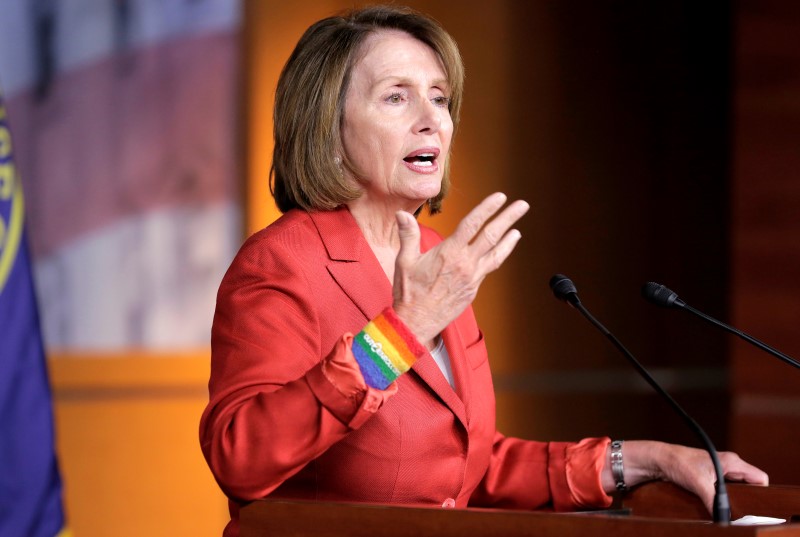By Yasin Ebrahim
Investing.com – The Dow cut its losses on Monday, as the soon to be rolled out $900 billion stimulus package prompted investors to buy the weakness and shrug off fears a new a strain of Covid-19 in the U.K. and other parts of Europe could dent global growth.
The Dow Jones Industrial Average rose 0.20%, or 59 points, but had been down by about 400 points earlier in the day. The S&P 500 was down 0.38%, while the Nasdaq Composite slipped 0.17%.
Lawmakers on Capitol Hill are expected to vote in favor of a $900 billion stimulus package that will include direct funding to Americans to prop up the economy.
"This is a very, very fast way of getting money into the economy. Let me emphasize: People are going to see this money at the beginning of next week," Treasury Secretary Steven Mnuchin told CNBC.
Markets had suffered heavy losses early Monday after a new strain of Covid-19 spreading rapidly across England prompted fresh travel from Canada and parts of Europe, raising concerns about the impact on the global economic recovery.
There's a "fair chance that there are more cases of this variant across Europe that we just haven't detected yet," said Emma Hodcroft, U.S.-British molecular epidemiologist, based at the University of Bern.
"While news of a new COVID-19 strain in London first emerged a while back, tightening restrictions by the EU and Canada and deepening lockdowns are sparking heightened concern," Scotia Economics said in a note.
On the vaccine front, Pfizer (NYSE:PFE) moved a step closer to gaining EU approval for its Covid-19 vaccine, developed in partnership with BioNTech SE (NASDAQ:BNTX). The European Medicines Agency granted the Pfizer-BioNTech vaccine a conditional marketing authorization, paving the way for the drug to begin distribution later this week.
Financials helped the market recover some losses, with banking stocks leading the charge higher after the Fed said, based on its latest stress tests, it would allow banks to buy back stocks and pay out dividends as its stress tests suggested banks had "strong capital levels."
The stress test started in 2009 and is supposed to show what happens to banks' balance sheets – in terms of losses and capital levels – under an extreme hypothetical adverse scenario.
JPMorgan Chase & Co (NYSE:JPM), Bank of America (NYSE:BAC), and Citigroup Inc (NYSE:C) jumped about 4%.
Energy stocks were among the biggest decliners as the restrictions on global travel scaled back expectations for the recovery in travel demand, weighing on oil prices.
Industrials were hurt by falling airlines stocks, with United Airlines (NASDAQ:UAL), Delta Air Lines (NYSE:DAL) and American Airlines (NASDAQ:AAL) were in red, with the latter down 2% on fears of further travel restrictions.
In other news, Nike (NYSE:NKE) jumped 4% after reporting better-than-expected quarterly results late Friday, driven by its direct-to-consumer push.
Tesla (NASDAQ:TSLA), meanwhile, fell 5% on its S&P 500 debut, but still remains up nearly 700% for the year so far. CFRA on Friday downgraded the stock to hold from strong buy, citing a lack of immediate-term catalysts to continue the stock's momentum.
